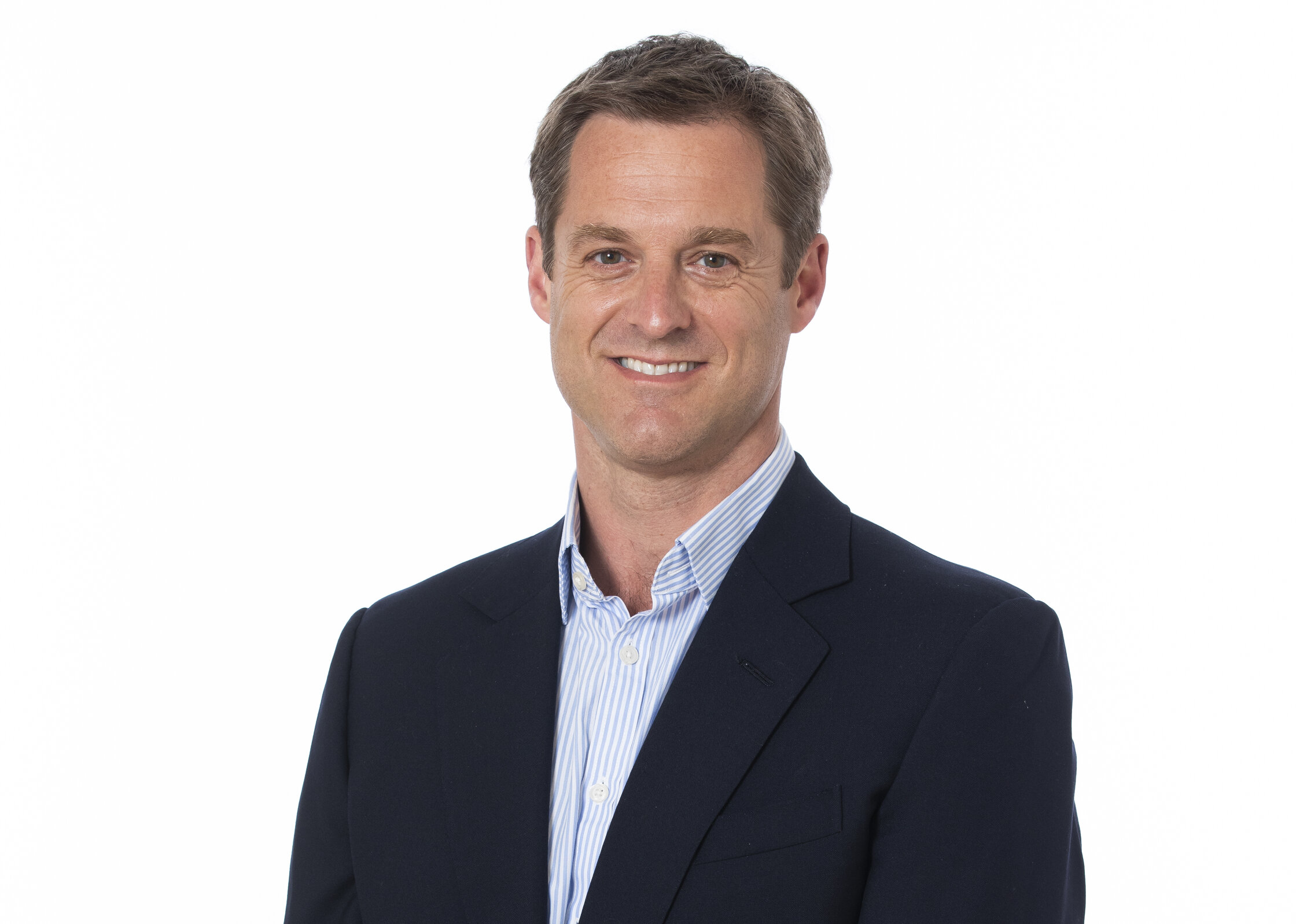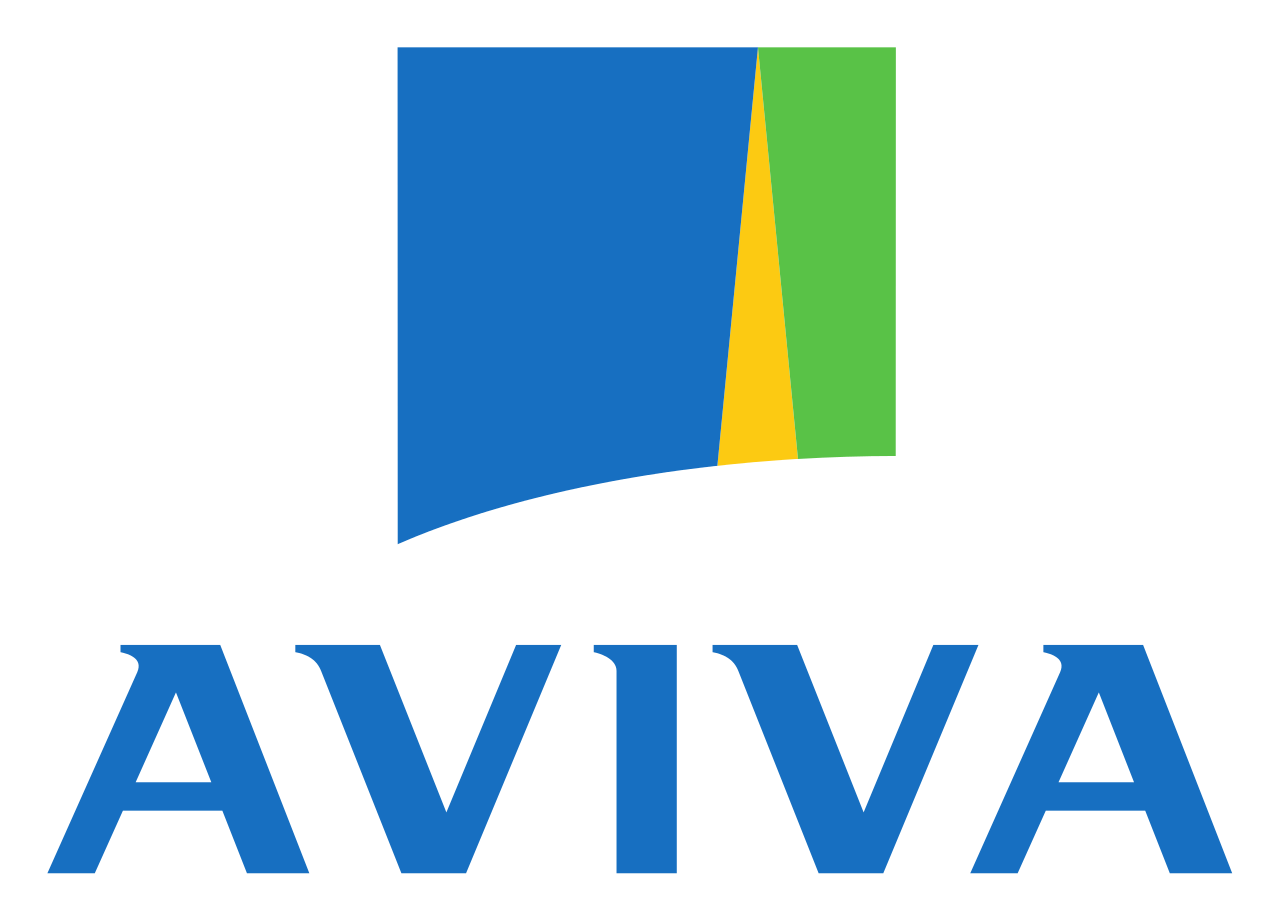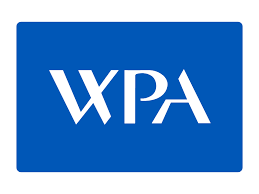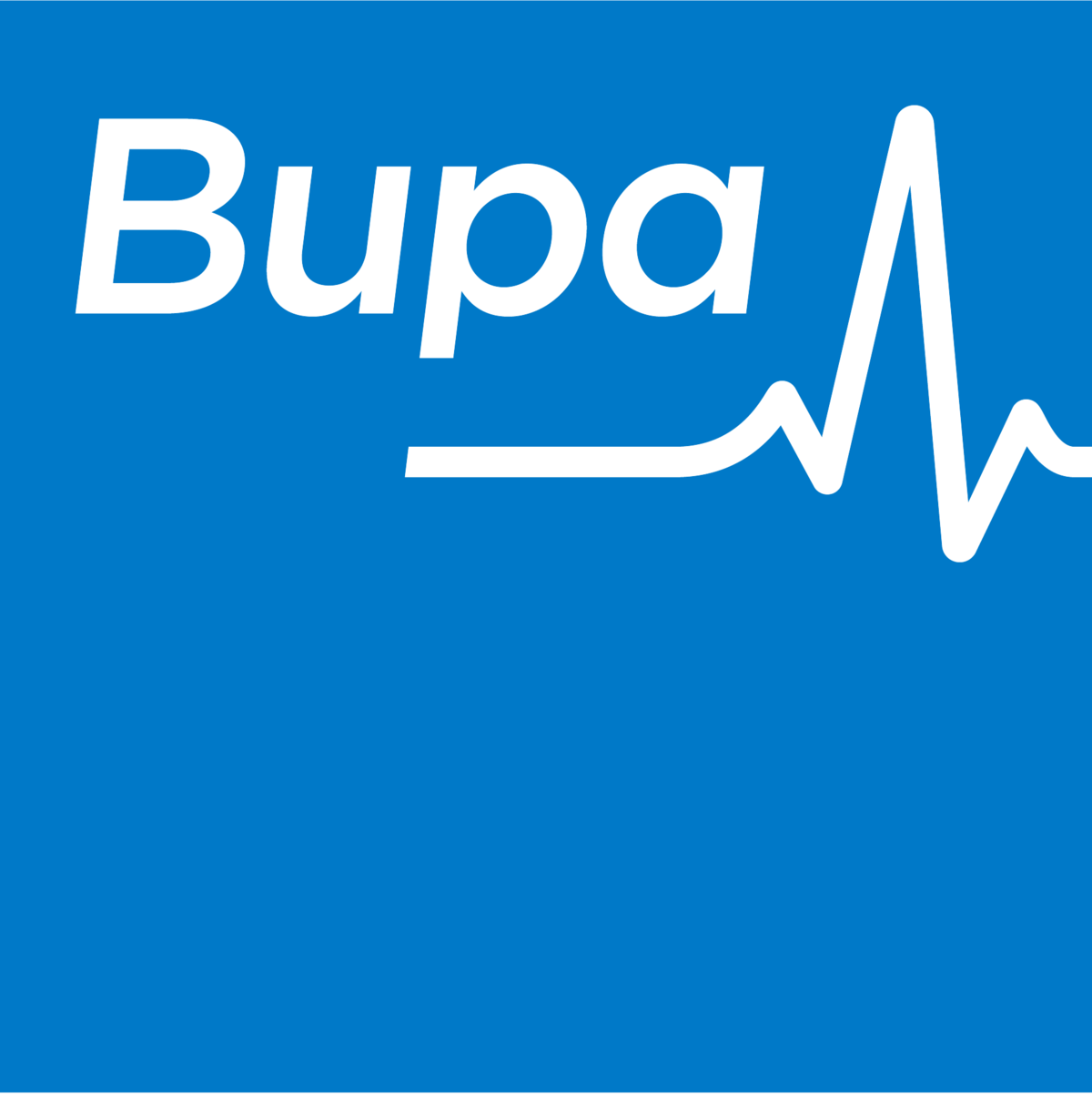Dr Adam Haycock
Consultant Gastroenterologist
Digestive Health
Sub-specialties: Therapeutic Endoscopy, Colonoscopy, Bowel Cancer Screening, Gastroenterology, Endoscopy, Advanced Polypectomy, Polypectomy, Gastrointestinal Cancer, Barrett’s Oesophagus, Acid Reflux, Inflammatory Bowel Disease, Irritable Bowel Syndrome, Gastrointestinal Bleeding, Endoscopic Mucosal Resection, Stricture Dilatation.

Overview
Dr Haycock’s research interests in cutting-edge technology and enhanced safety measures has enabled new developments, such as use of virtual reality simulation in colonoscopy and endoscopy-specific safety checklists.
About Dr Adam Haycock
Dr Adam Haycock is a consultant gastroenterologist and Partner at OneWelbeck, specialising in colonoscopy, bowel cancer screening and therapeutic endoscopy. He is also an honorary senior lecturer at Imperial College London, and endoscopy training lead for London North West University Healthcare NHS Trust.
His research interest is in improving the safety and quality of endoscopy and endoscopic training. His interest in cutting-edge technology and enhanced safety measures has enabled development of new tools in endoscopy, including the use of virtual reality simulation in colonoscopy and endoscopy-specific safety checklists.
Dr Adam Haycock partnered with OneWelbeck in 2018 to collaboratively develop the OneWelbeck Digestive Health Centre. He has used his extensive experience in endoscopy accreditation to inform operational policies, unit design and selection of our quality reporting systems.
“I worked on ensuring that the design and operational procedures not just meet, but exceed the national JAG quality standards – the gold standard in endoscopy care.”
He completed a masters teaching degree in 2011, leading to accreditation with the Higher Education Academy, and in 2009-2010 was the Chair of the National Trainees Committee in Gastroenterology. As training lead for the Wolfson Unit for Endoscopy, (a National Training Centre and the only OMED World Centre of Excellence in the UK), he trains over 150 endoscopists each year. He is on the steering committee for the National Non-Medical Endoscopy Accelerated Training Programme, and was previously the British Society for Gastroenterology e-learning lead.
After graduation, he became a specialist registrar in the north west Thames region. He completed an MD at St Mark’s Hospital in 2010 on ‘Quality Assurance of Training in Diagnostic and Therapeutic Gastrointestinal Endoscopy’. This included investigating and developing novel techniques for assessing and evaluating training processes.
He was appointed to the consultant team at St Mark’s Hospital in 2011, and now leads the national endoscopy training centre at St Mark’s Hospital. Here, he has been tasked with a remit to improve the quality and provision of endoscopic training.
Areas of Expertise
Dr Haycock performs a range of diagnostic techniques, including:
- Endoscopy
- Colonoscopy
- Polypectomy
- Endoscopic mucosal resection
- Stent insertion
- Stricture dilatation
- Bowel cancer screening
Some of the common conditions he treats are:
- Gastrointestinal disease
- Barrett’s oesophagus
- Upper GI cancer
- Acid Reflux
- Inflammatory bowel disease
- Irritable bowel syndrome
- Bleeding lesions
Additional Information
Memberships
- British Society of Gastroenterology
- Royal College of Physicians
- Higher Education Academy
- American Society of Gastrointestinal Endoscopy
External Positions
- Chair of the UK Federation of Endoscopy Training Centres.
- Honorary Senior Lecturer, Imperial College London
Research Highlights
Work that came out of Dr Haycock’s MD on Quality Assurance of Training in Diagnostic and Therapeutic Gastrointestinal Endoscopy, has been published in a number of peer-reviewed journals. He has been invited to speak at both national and international meetings on the topic. He is also the co-author of the highly renowned, Practical Gastrointestinal Endoscopy.
Major insurers served
If your insurer is not listed, please contact us to confirm your coverage. Please note this does not guarantee coverage or fee assurance. Patients should confirm with their insurer to ensure coverage, check if the doctor is fee-assured, or verify if their policy includes the doctor in question.







Book a consultation
Jul 2025
Appointments available on this day
Click any unavailable day to check availability with similar consultants
Major insurers served: Vitality, Aviva, WPA, Cigna, AXA, Bupa, Healix
If your insurer is not listed, please contact us to confirm your coverage. Please note this does not guarantee coverage or fee assurance. Patients should confirm with their insurer to ensure coverage, check if the doctor is fee-assured, or verify if their policy includes the doctor in question.
